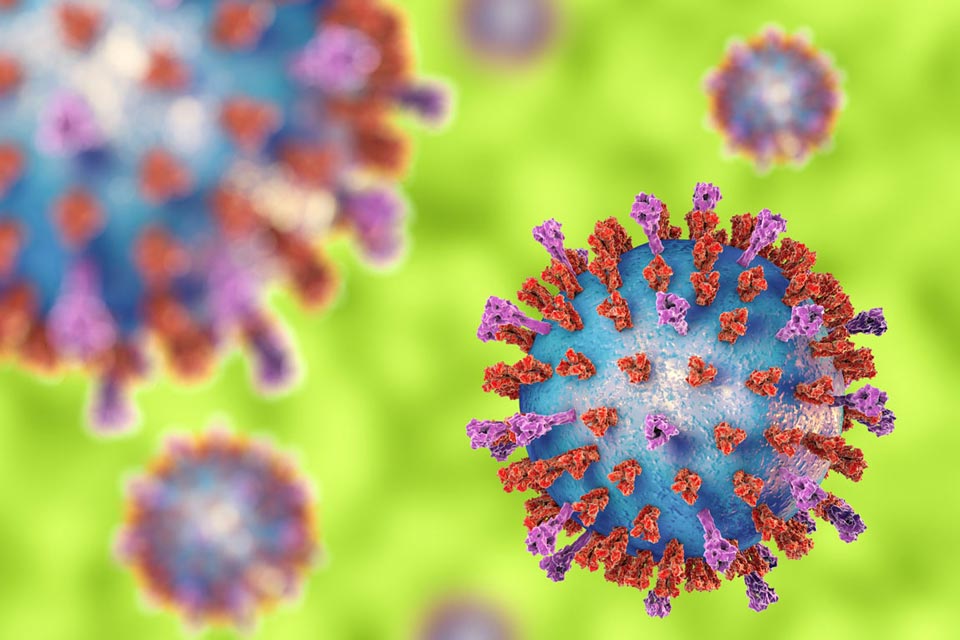Quercetin’s Antimicrobial and Immune-Boosting Activity

In addition to boosting our natural immunity, studies indicate that quercetin can act as an antiviral agent for several known viruses, including the human immunodeficiency virus (HIV) and polio. Reports of virus resistance (both in the lab and in humans) to synthetic antiviral drugs highlight the importance of finding measures to circumvent this resistance and/or identify alternative therapies.66
As vital as it is to identify which phytochemical compounds are beneficial to us to treat or prevent specific conditions, it is perhaps even more important to also know how they work. Understanding the mechanisms by which quercetin achieves these antiviral effects may enable researchers to develop new therapeutic approaches that can be predictably regulated and reproduced—in combination with or as an alternative to pharmacologically produced substances.67-68 In fact, understanding how a quercetin compound inhibited a particular protease enzyme of the severe acute respiratory syndrome (SARS) virus led to discovery of a whole new class of potential drugs against this deadly germ.69
Researchers have determined that quercetin’s antiviral activity is a result of a variety of multiple different actions. Some of the primary mechanisms may include one or more of the following in reaction to any given condition:
- Reducing the ability of a virus to infect cells (infectability).67
- Inhibiting the ability of infected cells to replicate and reproduce.67
- Reducing resistance of infected cells to pharmaceutical drug therapy.68
Within each of these categories quercetin has demonstrated (in the lab) chemical interactions of multiple cellular pathways that inhibit or promote the production of critical proteins. The basic effect of quercetin’s systemic, multifaceted interference could be to block viral activity at every level of its existence—a potentially powerful neutraceutical therapy which could be utilized for many conditions. Three relatively recent areas of viral research where quercetin has been studied extensively with promising results are HIV, respiratory, and herpetic viruses.67-68


